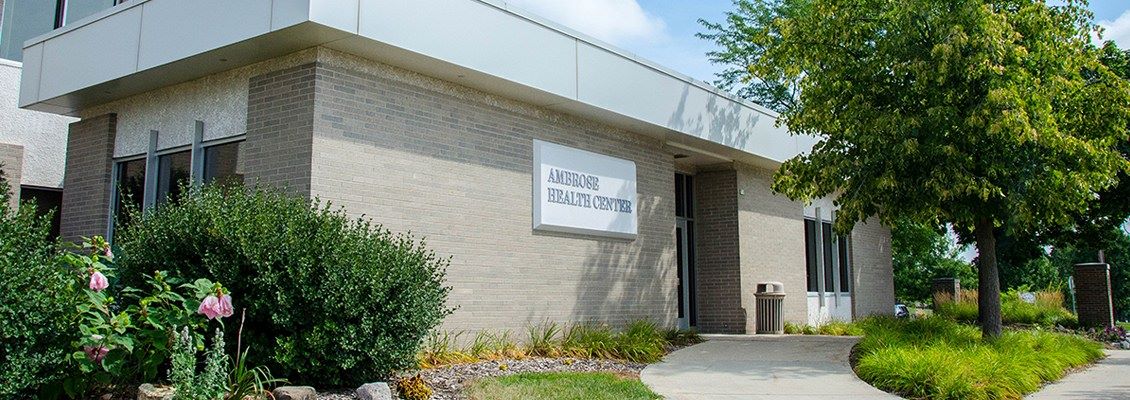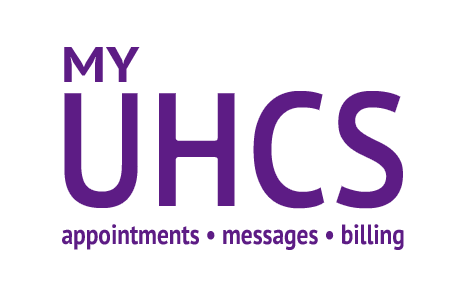Family Concerns
Wellness Information
UHCS Services
UHCS provides free, confidential, one-on-one counseling sessions to students seeking services for a variety of concerns, including family issues. We also offer couples and family sessions as appropriate. Family concerns encompass a wide range of issues that students bring to counseling: difficult relationships with parents or siblings; family member's illness; problematic drug or alcohol use in the family; financial stressors; parents' divorce or re-partnership; and survival of domestic violence/abuse/neglect are just a few examples. UHCS also provides services to students whose family concerns relate to their own partner and/or own children.
Counselors at UHCS are trained and ready to help-whether it is a current family issue, or you are coping with effects of things that happened in the past, don't hesitate to give us a call. To make an appointment with a counselor, call UHCS at (262) 472-1305. You can also stop by in person to schedule at Ambrose Health Center, 2nd floor, between 8:00am-4:30pm, M-F.
Overview
For students leaving home for the first time, a major task of the college years is to transition into an adult role in relationship to your family. You may be a 3rd generation Warhawk, or the first person in your family to go to college-either of which can lead to unique opportunities and challenges for connecting with people back home, and communicating about your experiences. For older students, working towards a degree presents a different, but equally challenging time of balancing family and student responsibilities. All this can be very rewarding... and very difficult.
Our families, however they are defined, have a significant impact on our level of stress or wellbeing. We learn what to expect from others and from the world during early family interactions. As adults, we can choose to hold onto the positive values, and change ways of doing things that are no longer appropriate for us.
Sometimes people are reluctant to bring up concerns about their families because they fear being disloyal, or don't want to feel they are "blaming" their difficulties on others. This is very understandable. The goal of discussing family concerns is not to pass judgment, but to understand patterns of behavior that were/are problematic, and to support you in making choices that are best for you now. This can include working to understand past or current family communication styles, spoken and unspoken family "rules," and ways that you, as an adult, can choose to set boundaries, deepen relationships, or interact differently with your family. It also includes understanding your family's strengths, and how those contributed to your own resilience.
When there is neglect, physical, sexual, emotional, or verbal abuse in a family, a child is never at fault. It is always the adult who has full responsibility for those actions. Adult survivors can use counseling as an opportunity to understand the impact of those events, learn ways to [or give yourself permission to] take care of yourself now, and develop additional skills to support healthy relationships in your life.
Resources
- Resources for Adult Survivors of Abuse and Neglect
- Resources for Family and Friends of Alcoholics
- Tips on Family Communication
Disclaimer
All information on this website is written by UHCS professional staff unless otherwise noted. No data is collected on visitors to this site. Financial Support for this web site is provided by University Health & Counseling Service, Division of Student Affairs, University of Wisconsin-Whitewater. This web site does not accept advertising.
This site is not meant to replace the advice of a health care or counseling professional. You should not rely on any information on these pages, or information generated for you by this site, to replace consultations with qualified professionals regarding your own specific situation. Some links take you to a source outside of UHCS. The owners of that site, not UHCS, are responsible for the content.



